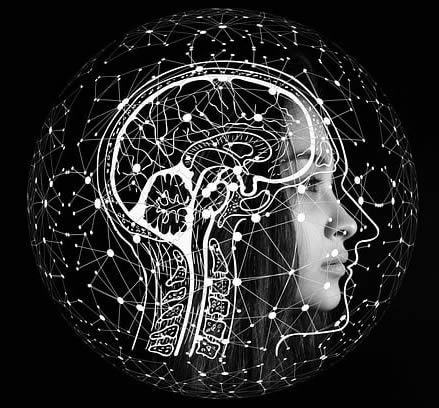 |
Welcome to Socializing Scientists, where scientists come to socialize and discuss recent events in science and technology. Socializing Scientists was established to give people a place to discuss topics without the research or corporate demands that often comes with scientific professions. Feel free to have conversations, meet people and expand on ideas without the stress. Join the forums catch up on the latest news, or chat with your colleagues and other scientifically oriented people. Check out the latest science news in a variety of subjects, check out a podcast, or watch related You-Tube videos. We will offer talk and presentations as speakers are available. Make sure to let us know what topics interest you. Please join us in out Discord server to scheduled and impromptu chats. |